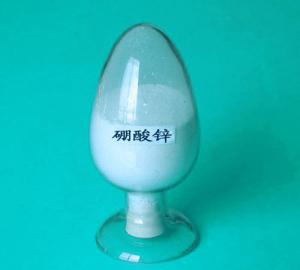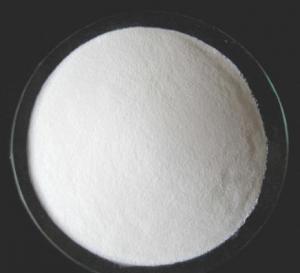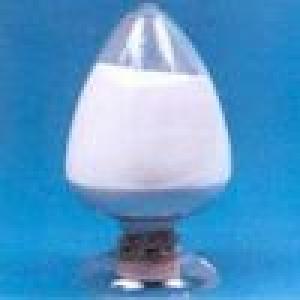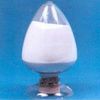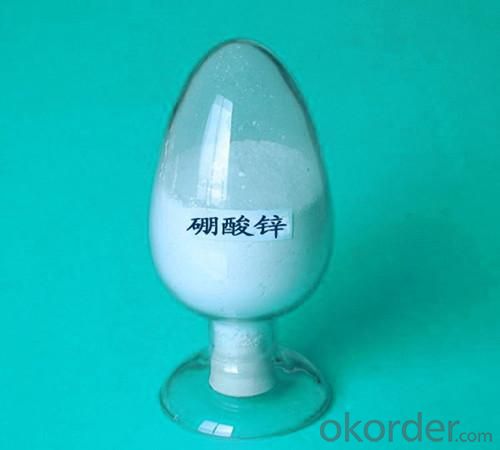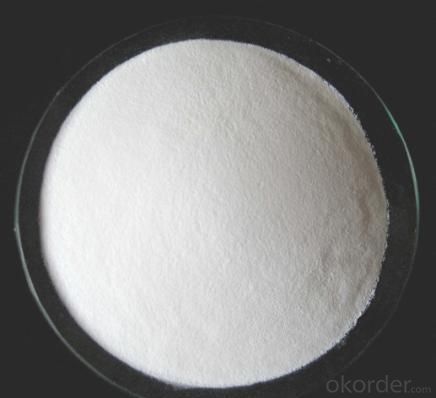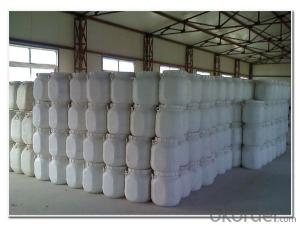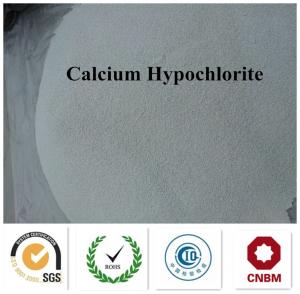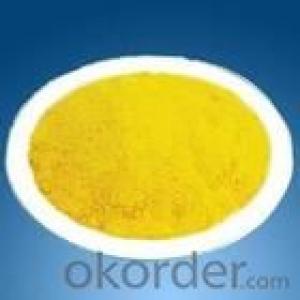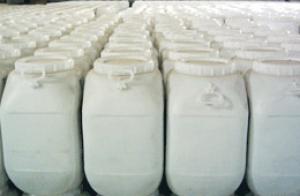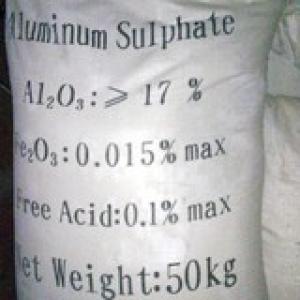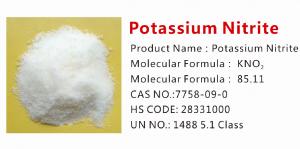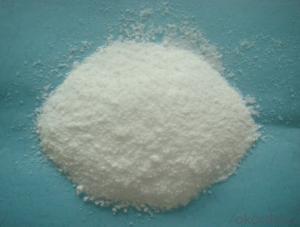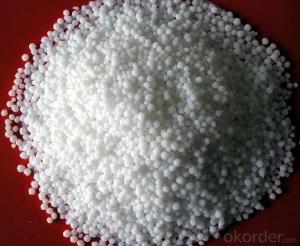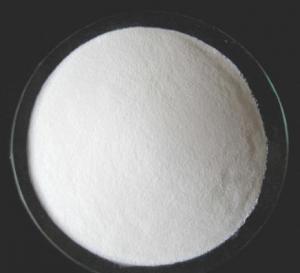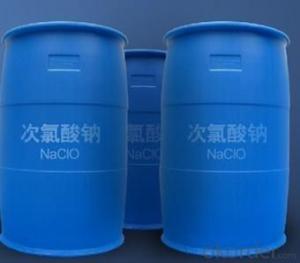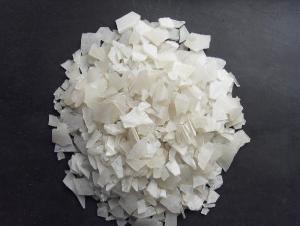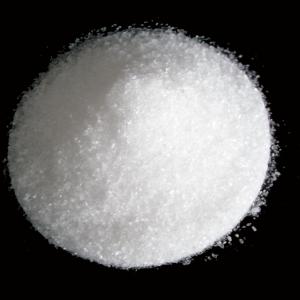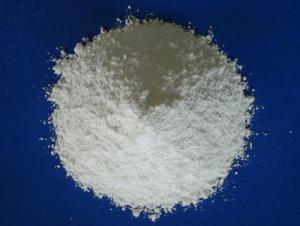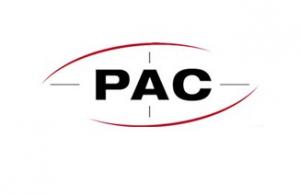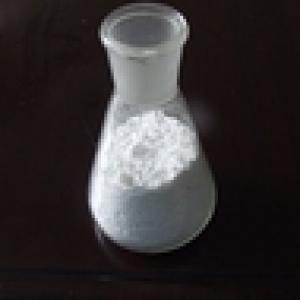Manufacture Of Zinc Borate 3.5H2O
- Loading Port:
- Tianjin Port
- Payment Terms:
- TT or LC
- Min Order Qty:
- 20MT m.t.
- Supply Capability:
- 120000MT m.t./month
OKorder Service Pledge
OKorder Financial Service
You Might Also Like
Introduction of Zinc Borate 3.5H2O:
Zinc borate is primarily usedas a flame retardant in plastics and cellulose fibers, paper, rubbers and textiles. It is also used in paints, adhesives, and pigments. As a flame retardant, it can replace antimony trioxide as a synergist in both halogen-based and halogen-free systems. It is an anti-dripping and char-promoting agent, and suppresses the afterglow. In electrical insulator plastics it suppresses arcing and tracking.
In halogen-containing systems, zinc borate is used together with antimony trioxide and alumina trihydrate. It catalyzes formation of char and creates a protective layer of glass. Zinc catalyzes the release of halogens by forming zinc halides and zinc oxyhalides.
Specification of Zinc Borate 3.5H2O:
No. | ITEM | Index |
| 1 | Zinc Borate % | 99 min |
| 2 | Apperance | White crystal powder |
| 3 | Boron Oxygenation (B2O3) % | 48.5±1.5 |
| 4 | Zinc Oxygenation (ZnO) % | 37±1.5 |
| 5 | Surface Moisture (H2O) % | ≤1 |
| 6 | specific gravity g/cm3 | 2.67 |
| 7 | Residues on 325 mesh % | ≤0.2 |
| 8 | Temp of loss crystal water °C | 350±50 |
| 9 | LOI | 13.5±0.5 |
| 10 | Refractive index | 1.58 |
| 11 | Melting point °C | 980 |
| 12 | Pb % | 0.02 max |
| 13 | Fe % | 0.05 max |
| 14 | As % | 0.02 max |
| 15 | Packing | Inner plastic film with PP woven bags outside |
| 16 | Net weight | 25 kg/ Bag |
| 17 | Loading Quantity | 18-20MT / 20'FCL |
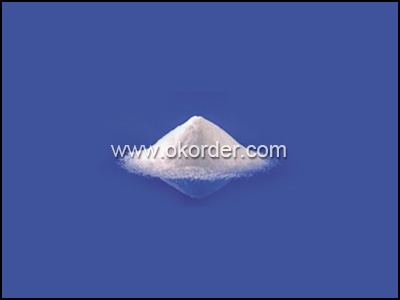
- Q: Children eat what to add the body of inorganic salts
- Such as fruits, vegetables, beans or soy products, kelp, eggs and so on. Eat hot and humid food: watermelon, bitter gourd, peach, ebony, strawberry, tomatoes, cucumber, mung bean and so on.
- Q: How much of the body's inorganic salts account for the weight of the body?
- The inorganic salts in the human body account for about 5%
- Q: People do not eat salt tears with no inorganic salt
- I suddenly think of a science program that found a place a strange person, never drink water, then a variety of surprises. Finally, the scientist came out to explain that he can get the daily water needed from the food.
- Q: Milk food rich in nutrition, in addition to containing a variety of inorganic salts which also contain three types of organic energy can be organic
- Calcium, protein, and vitamins
- Q: Can inorganic salts act as stabilizers for emulsified asphalt?
- Heze Tongren Road Machinery Co., Ltd. is a asphalt heating and storage equipment as the main body, set road maintenance equipment production, asphalt library design and transformation of technical services, to undertake asphalt library / depot and other construction and installation, industrial pipelines and chemical equipment The installation of the installation of the boiler, the installation of steel structures and accessories sales, such as integrated services in one company.
- Q: What cells produce the collagen and inorganic salts of bone matrix?
- The collagen is produced by chondrocytes. The minerals that make up the bone are precipitated by osteoblasts.
- Q: Salt is not a kind of inorganic salt
- Salt chemical name is called "sodium chloride", chemical symbol: NaCl
- Q: Cells are composed of water and inorganic salts or by organic matter and none
- There are also organic matter such as protein and lipid
- Q: What is the risk of low inorganic salt?
- Phosphorus into the body of phosphorus containing 750-800mg about 1% of body weight, mineral weight of 1/4. Of which 87.6% in the form of hydroxyapatite bone salt stored in the bones and teeth, 10% with protein, fat, sugar and other organic matter combined constitute soft tissue, the rest distributed in the muscle, skin, nerve tissue and other tissues and membranes Of the ingredients. Function Phosphorus is present in every cell of the human body, which is indispensable for bone growth, tooth development, renal function and nerve conduction. Phosphorus is a component of nucleic acids, phospholipids and certain enzymes, which promotes growth and tissue repair. It helps carbohydrate fat and protein utilization, regulates glycogen breakdown, and participates in energy metabolism. Phospholipids are the major components of the cell membrane, which are related to the permeability of the membrane. Phosphate can regulate the metabolism of vitamin D, to maintain the stability of calcium within the environment. Lack of disease phosphorus deficiency when the mental confusion, cranial nerve palsy, transport disorders, muscle weakness, hypothyroidism, anorexia, joint stiffness, abnormal blood, urinary calcium increased. Typical cases hyperphosphatemia, renal dysfunction, or hypoparathyroidism and hypothyroidism and other endocrine diseases can also occur. Too many symptoms nerve excitement, tetany and convulsions. The physiological requirement of phosphorus is 12.3mg / kg / d. Calcium / phosphorus ratio in the 2: 1-1: 2 appropriate range. Food sources food in the meat, fish, milk, beans and hard shells and other phosphorus more.
- Q: The power of the water and inorganic salts in the plant is derived from the action of the plant
- The main process is: soil moisture → root hair → root catheter → stem catheter → leaf catheter → stomata → atmosphere.
1. Manufacturer Overview
| Location | Guangxi, China |
| Year Established | 2005 |
| Annual Output Value | Above US$ 7 Million |
| Main Markets | 20.00% North America 20.00% South America 10.00% Eastern Europe 10.00% Southeast Asia 10.00% Northern Europe 10.00% South Asia 10.00% Western Europe 5.00% Africa 5.00% Mid East |
| Company Certifications | ISO 9001:2008;FAMI-QS |
2. Manufacturer Certificates
| a) Certification Name | |
| Range | |
| Reference | |
| Validity Period |
3. Manufacturer Capability
| a) Trade Capacity | |
| Nearest Port | Guangzhou Port, Fangcheng Port |
| Export Percentage | 91% - 100% |
| No.of Employees in Trade Department | 6-10 People |
| Language Spoken: | English; Chinese |
| b) Factory Information | |
| Factory Size: | Above 100,000 square meters |
| No. of Production Lines | Above 10 |
| Contract Manufacturing | Design Service Offered; Buyer Label Offered |
| Product Price Range | High; Average |
Send your message to us
Manufacture Of Zinc Borate 3.5H2O
- Loading Port:
- Tianjin Port
- Payment Terms:
- TT or LC
- Min Order Qty:
- 20MT m.t.
- Supply Capability:
- 120000MT m.t./month
OKorder Service Pledge
OKorder Financial Service
Similar products
Hot products
Hot Searches
Related keywords
